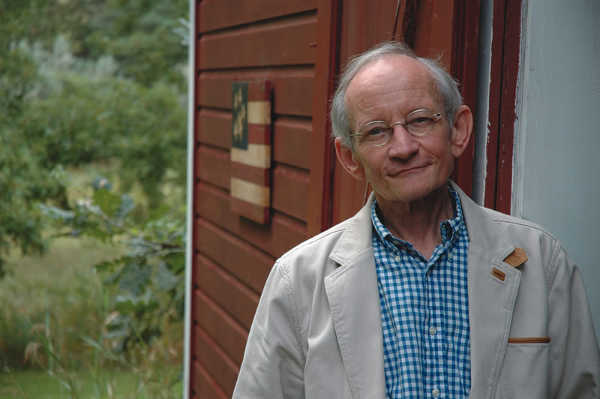Arts & Life
LAKEPORT, Calif. – The Mendo-Lake Singers Chorus is inviting women who love to sing to attend a sing-along party and experience the fun of singing a cappella, four-part harmony.
The party will kick off at 7 p.m. Tuesday, Jan. 21, at their rehearsal space, 1125 Martin St., Lakeport. Refreshments to follow.
This is a free event.
Guests are encouraged to sing but are also welcome to just listen.
You do not need to be able to read music and the chorus can help you find a part that fits your voice range.
If you would like more information about the Mendo-Lake Singers, visit http://mendolakesingers.wixsite.com/mendolake or follow Mendo-Lake Singers Chorus on Facebook.
The party will kick off at 7 p.m. Tuesday, Jan. 21, at their rehearsal space, 1125 Martin St., Lakeport. Refreshments to follow.
This is a free event.
Guests are encouraged to sing but are also welcome to just listen.
You do not need to be able to read music and the chorus can help you find a part that fits your voice range.
If you would like more information about the Mendo-Lake Singers, visit http://mendolakesingers.wixsite.com/mendolake or follow Mendo-Lake Singers Chorus on Facebook.
- Details
- Written by: Elizabeth Larson

There’s a very fine book, “Poetry of Presence: An Anthology of Mindfulness Poems,” published by Grayson Books of West Hartford, Connecticut, and I’ve found a number of poems for this column there.
Here’s another, this one by Ellen Bass, who lives in California, and whose most recent book of poetry is “Like a Beggar.”
The Thing Is
to love life, to love it even
when you have no stomach for it
and everything you’ve held dear
crumbles like burnt paper in your hands,
your throat filled with the silt of it.
When grief sits with you, its tropical heat
thickening the air, heavy as water
more fit for gills than lungs;
when grief weights you down like your own flesh
only more of it, an obesity of grief,
you think, How can a body withstand this?
Then you hold life like a face
between your palms, a plain face,
no charming smile, no violet eyes,
and you say, yes, I will take you
I will love you, again.
American Life in Poetry does not accept unsolicited manuscripts. It is made possible by The Poetry Foundation, publisher of Poetry magazine. It is also supported by the Department of English at the University of Nebraska, Lincoln. Poem copyright ©2002 by Ellen Bass, "The Thing Is," from Poetry of Presence: An Anthology of Mindfulness Poems, (Grayson Books, 2017). Poem reprinted by permission of Ellen Bass and the publisher. Introduction copyright @2020 by The Poetry Foundation. The introduction’s author, Ted Kooser, served as United States Poet Laureate Consultant in Poetry to the Library of Congress from 2004-2006.
- Details
- Written by: Ted Kooser

 How to resolve AdBlock issue?
How to resolve AdBlock issue? 



